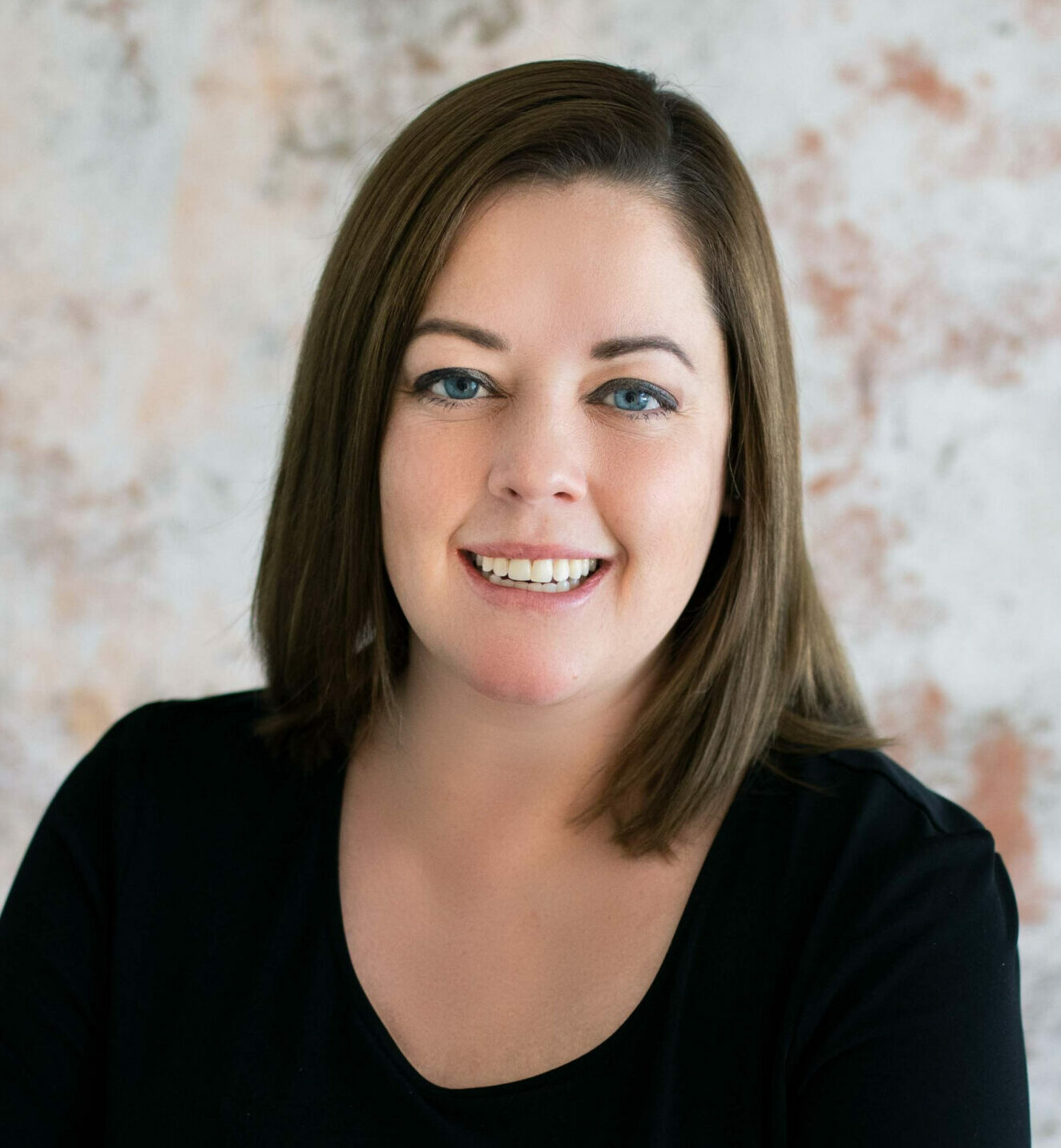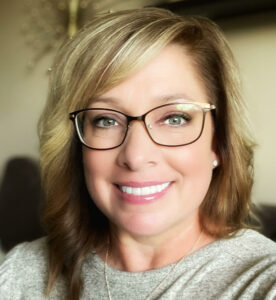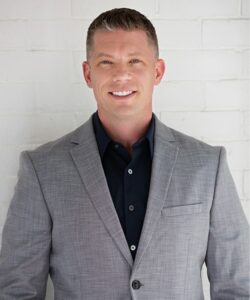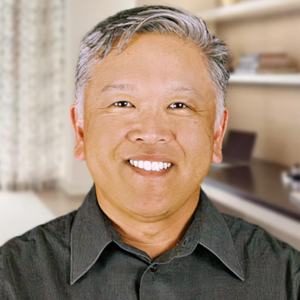Quick! What percentage of all the dental practices in the US would you estimate are affiliated or owned by a DSO or “Investor Group”?
20%?. . . 30%?
After doing some research for this article, I asked my son’s orthodontist this question. He thought that 50% of all dental practices are owned by DSOs.
50%!?
It’s a totally understandable response because it seems like everyone is talking about DSOs right now. They’re the coronavirus topic of all dental magazines and podcasts. DSOs are the most frequent visitors to dental schools and pay for a lot of the advertising you see in trade publications.
It’s understandable to think that DSOs are taking over dentistry.
It’s also dead wrong.
DSOs are currently about 10-15% of the total marketplace. Though, exact numbers are hard to track because several corporate dental groups operate unbranded and privately.
10-15% is still a big number compared to 2017 when the ADA estimated that around 7% of U.S. dentists were affiliated with a DSO.
Some people see the market going from 7% to 10% (give or take) and draw a trend line that assumes that in a few short years private ownership of dental practices will all but disappear.
“Why look for a practice to buy when we’re all just going to be working for corporate soon?”
“I heard about a dental clinic in a Walmart somewhere in Arkansas, so I might as well just give up on my dreams of ownership.”
If I can be blunt: if you’re a dentist who thinks like that you’re pretty dumb for a smart person.
Here are three reasons DSOs are NOT going to replace private ownership.
1. The profit margins won’t allow it.
Most dental associates won’t work for much less than 30% of collections. And most dental practices don’t have overhead much better than 40% of collections. That only leaves a 10% margin for the risk, time, energy and trouble of owning a practice. Sure, as an owner you get to keep the hygiene but the hygienists aren’t working for free either.
A 10% profit margin is definitely enough to possibly justify one layer of management above what an owner-doctor would be doing. If you aspire to be a multi-practice owner – rejoice! But layering on two layers of management like a small- to mid-sized DSO? Three or more layers like a big DSO and the margins start to get pretty thin.
2. Private Equity is Volatile
When the stock market was reaching new highs every day, the pool of available private equity funds willing to invest in dentists was high. Key word: was.
In every stock market correction, private equity pools famously shrink as standards to invest tighten and investors pull money from those funds. Yes, in 2018 private equity giant KKR bought a 58% stake in Heartland Dental with a $2.8B valuation attached. There were some reports in 2019 of other private equity deals happening. With markets gyrating as of this writing (March 2020) and recession looming, don’t be surprised if you see the availability of private equity to acquire DSOs shrink or disappear altogether.
3. DSO Quality of Care Concerns
A dentist who works in a Northeastern state just forwarded me two emails back to back (this was on March 17th, 2020 – in the height of the coronavirus lockdown). One was from their state dental board recommending all dental practices shut their doors for all patients except emergency appointments. The second email was sent after the first from the DSO the dentist worked for requiring the dentists to continue to run and operate their practices and ignore the advice of the state dental board.
Why?
Why would a DSO want the practices to stay open? Well, being charitable it’s possible that they’re extremely worried about lower-paid staff’s ability to pay bills and the dental health of the patients still on the schedule. As Dr. Evil once said, “…riiiiight.”
No, likely this DSO is worried about the hit to the bottom line. They’re probably leveraged to the hilt and worried about their ability to make their required debt payments if the practices shut down. Patient health and safety notwithstanding.
This is just one example.
Over the last several years there have been multiple examples of DSOs being sued or facing federal and state audits. These investigations and civil actions generally center around allegations of fraudulent billing for unnecessary procedures, providing low-quality treatment, performing excessive procedures, as well as the unlicensed practice of dentistry.
Can all of the above happen in private offices? (And has it?) Of course. But the pressure to deliver financial results ahead of patient care is increased when the people with control of the DSO are different than the dentists chairside. When the DSO owner has control over an associate’s addiction to food, clothing, shelter, and student loan payments and isn’t the one looking the patient in the eyes, the potential for conflicts of interest go up.
So, relax a bit.
DSOs are here and will continue to be a force in dentistry. But there are three good reasons they won’t ever be bigger than the vast majority of dental offices owned by individuals and partnerships doing solid, quality work and making an amazing living.
Read More:
3 Vital Numbers You Need to Know | Finding a Dental Practice to Buy
Business Insurances You WILL Need After You Buy Your Practice (and 2 you MIGHT need)
Practice Ownership: The Sword to Slay Student Loans






